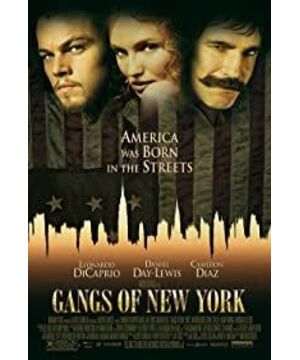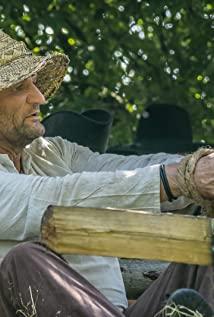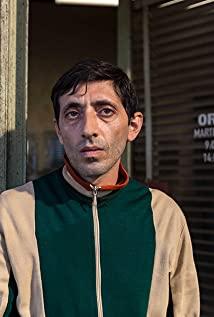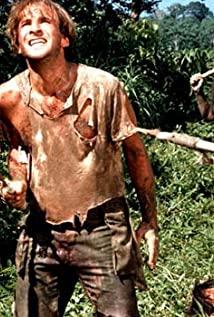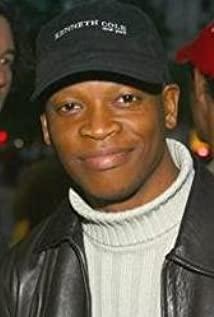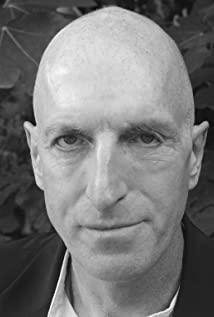It is said that Martin Scorsese discovered a non-fiction book of the same name published in 1928 when he was helping people look at the house on New Year's Eve in the 1970s. I think that once the old horse sees such a subject, he will never miss it. First, as a master of Hollywood gangster movies, he certainly has a special liking and even long fascinated by the mid-19th century when gangs were rampant. History has always been full of curiosity. Obviously, before the arrival of the Italians, waves of immigrants have been welcomed here; third, the director loves epic movies and puts gang vendetta against the background of national history. Sublimation depends on it! However, the old Ma was still a fledgling Pony Brother, and the box office failure that coincided with the epic film "Heaven's Gate" discouraged major companies. This wait was 20 years, and Robert De Niro, who was waiting, was old before he was picked up by Harvey Weinstein of Miramax, based in New York, with a large sum of 80 million budget. Lao Ma used Leonardo DiCaprio, an idol star that was already popular all over the world at that time, so Xiao Li took De Niro's gun and became Lao Ma's No. 1 Queen Actor.
Several main characters and events in the film have prototypes to be found. For example, the "local gang" comes from the Bowery Boys gang, and the butcher Bill is its member William Poole, and he is also the "Knowing Nothing Movement" to boycott the immigration of Irish Catholics ( When its members are asked about their actions, they will answer: "I don't know anything.") one of the leaders. The big fight at the beginning of the film may have come from the bloody fight between the Bowery Boys and the Dead Rabbit Gang in Five Points in 1857, but the time has been greatly advanced. At the end, the re-duel between the two gangs is indeed fabricated, but the city riots encountered were genuine—it was the New York City draft riots on July 13-16, 1863. Because they were dissatisfied with the policy of exempting military service by paying $300, on the day of Lincoln’s enlistment order, a large number of low-income people attacked the conscription headquarters and burned their houses. At the same time, some white laborers were dissatisfied with the entry of southern blacks into the labor market after liberation. Taking the opportunity to attack black people and their shops, the conflict escalated further. The government finally used the army to suppress the riots, but in four days it has killed at least a hundred people (mostly blacks) and injured thousands. This disaster is still the most serious civil riot in American history, and this film is one of the rare films that reflects the incident.
Back to this film, the prince’s revenge of the prince who inherited his father’s career is somewhat old-fashioned and far-fetched, but the director’s cleverness lies in putting it against the background of the throes of ethnic integration and the torrent of urban construction, making these private individuals The vendetta by the grievances and gangs seems absurd and tragic. When the second hand of the two gangs raised their swords and axe towards the guns and bullets of the military police, when the two bosses were still stubbornly duel when they were overturned by artillery, when the dead people were covered with cloth and candles provided by the city government were placed on them. The cemetery was gradually overgrown with weeds. Looking at the tall buildings on the opposite side, the narration throughout the film sounded again: What is all this for? Does anyone remember them?
With big scenes, big productions, and many stars, the epic temperament of this film is beyond doubt. The crew rebuilt the five blocks of Lower Manhattan in the studio in Rome, and invited historians, technical consultants, boxing coaches, dialect teachers, and even Italian thief to guide the film and actors. All the configurations are also reflected in There are as many as 10 Oscar nominations and 12 BAFTA nominations. But the old horse seems to have used too much this time, making the themes under the gorgeous appearance seem eager for success, especially those historical background explanations that are slightly out of touch with the main story line. It is said that the first version of the film is one hour longer than the current 166 minutes, and perhaps the complete epic classic can be experienced there. However, such a length is obviously unacceptable by the issuing company. The final compromise of Lao Ma has left regrets. I wonder if Weinstein also regrets the results of the final awards (10 Oscar nominations but not one, ranking first in history) two)?
After playing "The Boxer" in 1997, Daniel Day-Lewis secretly went to Florence to study shoemaking for several years. Returning to the big screen this time, the British actor who adheres to the method of performance, after training with the world boxing champion last time, this time he has been a butcher and learned slaughter skills. During the filming process for more than 100 days, he insisted on using a New York accent, and even refused to see a doctor after he was diagnosed with pneumonia on the grounds that he did not meet the historical conditions in the film. Holding the Irish nationality, he showed extreme hatred of Irish immigrants in the film, and he shot a portrait of Lincoln with a knife and later got the actor by playing Lincoln. The big villain he dedicated has overshadowed all the other casts. It was an accident that he lost to the youngest actor Adrien Brody at the Oscar, otherwise he could complete the actor hat trick earlier.
View more about Gangs of New York reviews


